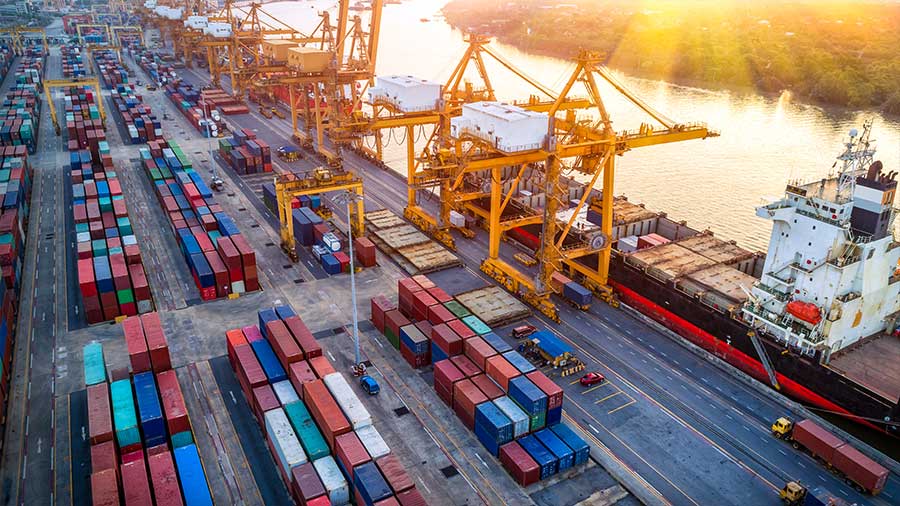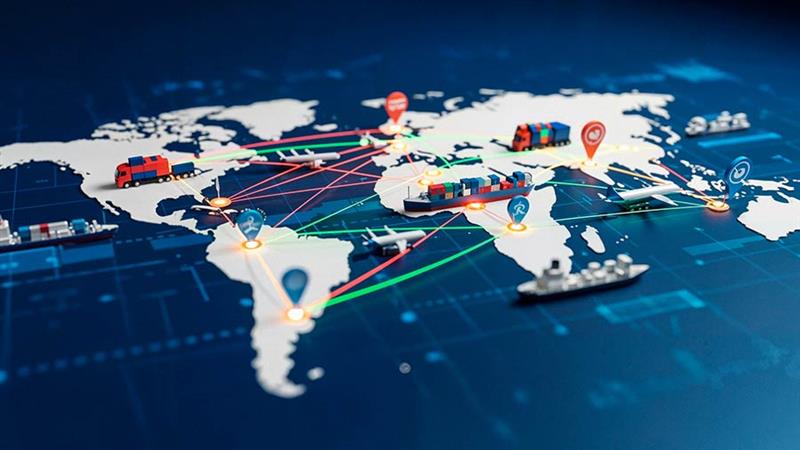A Compliance Guide for Global Businesses in Vietnam’s Supply Chain Ecosystem
As Vietnam strengthens its reputation as a manufacturing and export powerhouse, more global companies are shifting production or sourcing activities to the country. Yet, with global trade tensions rising and supply chains restructuring across Asia, a new compliance challenge has emerged:
Regulators worldwide are increasingly scrutinizing goods exported from or trans-shipped through Vietnam to detect origin fraud and illegal circumvention.
For multinationals, contract manufacturers, and trading houses, understanding Vietnam’s rules of origin (ROO) and anti-trans-shipment enforcement is essential to avoid investigations, penalties, and market disruption.
This article provides practical guidance on origin compliance, why Vietnam is under growing enforcement spotlight, and what companies must do to operate safely.
✅ Why Rules of Origin Matter in Vietnam
Rules of origin determine whether a product legally qualifies as “Made in Vietnam” under international trade agreements and customs law.
Proper origin status unlocks:
- Preferential tariffs under FTAs (EVFTA, CPTPP, RCEP)
- Better market access
- Reputation for compliant global supply chain operations
Improper origin claims can lead to:
- Customs seizures and penalties
- Retroactive duties
- Anti-circumvention investigations
- Criminal liability in serious fraud cases
- Loss of access to key export markets
In short: origin is a legal and strategic asset — not a paperwork step.

✅ Why Vietnam Has Become a Focus Point for Origin Scrutiny
Three realities shape the enforcement climate:
1) Supply Chain Diversification from China
As corporations re-route production to Vietnam, authorities in the US, EU, and Asia monitor for:
- Minor processing in Vietnam
- Assembly-only operations
- Routing goods via Vietnam solely to avoid tariffs
2) Rapid Export Growth
Vietnam’s export surge in electronics, furniture, aluminum, steel, apparel, and machinery draws attention from global trade watchdogs.
3) Trade Remedy Actions Increasing
Vietnam and its trading partners are actively investigating:
- Origin shifting
- Undervaluation
- False labeling
- Third-country routing to avoid tariffs
The message from authorities is clear:
Vietnam welcomes manufacturing — not tariff-evasion channels.
✅ Understanding Rules of Origin in Vietnam
To legally claim Vietnamese origin, a product must satisfy specific criteria. Typical ROO tests include:
| Criterion | Meaning |
| Substantial transformation | Processing changes product classification (HS code shift) |
| Regional value content (RVC) | Minimum local value addition threshold |
| Specific process requirement | Must undergo certain manufacturing steps in Vietnam |
Simple activities do not confer Vietnamese origin:
❌ Repacking / relabeling
❌ Simple cutting or repolishing
❌ Minimal assembly
❌ Quality inspection or packaging only
✅ Red Flags for Illegal Trans-Shipment in Vietnam
Authorities focus on industries where origin fraud is common:
- Steel & aluminum products
- Furniture & wood products
- Electronics & components
- Solar equipment
- Tires & auto parts
- Textiles & footwear
Red-flag indicators include:
- Sudden surge in exports from Vietnam with no capacity proof
- Factories without meaningful manufacturing activity
- Import of nearly finished products and re-export under VN origin
- Inconsistent bill of materials and production data
- Third-party “origin services” offering fraudulent certificates
Even large global brands have faced investigation due to supply-chain partners misusing Vietnam origin.
✅ Consequences of Origin Violations
Penalties for illegal trans-shipment and fraudulent origin declarations include:
| Violation | Risk |
| False Certificate of Origin (C/O) | Administrative fines, revoked C/O |
| Customs fraud | Seizure, back-duties, criminal liability |
| Anti-circumvention investigation | Tariffs similar to penalized jurisdiction |
| Reputational impact | Audit by customers and trade authorities |
The real cost is not only money — it is market access and trust.

✅ Best Practices for Foreign Manufacturers in Vietnam
1) Audit Production Capacity & Supply Chain
Demonstrate genuine manufacturing substance:
- Factory size & capability
- Machinery and workforce evidence
- Production workflow & transformation
2) Maintain Accurate Documentation
Essential records include:
- Import and export invoices
- Bill of materials (BOM)
- Cost breakdown and value-add calculation
- Production logs & quality control files
- Certificates of Origin (C/O) and supplier declarations
3) Conduct Supplier Due Diligence
Assess whether partners:
- Have legitimate manufacturing operations
- Understand ROO requirements
- Maintain transparent documentation
4) Monitor HS Code & ROO Changes
Vietnam updates classification rules and FTA requirements regularly.
5) Engage Local Legal & Trade Experts Early
A preventive compliance plan is cheaper — and safer — than post-investigation defense.
✅ How La Défense Supports Global Exporters and Manufacturers
With deep experience in trade law, customs practices, and foreign manufacturing advisory, La Défense assists international clients in:
- Rules of origin assessment & compliance programs
- ROO verification and C/O audit preparation
- Supply-chain structuring for lawful origin qualification
- Anti-circumvention and trans-shipment defense
- Working with customs, trade authorities & industry bodies
- Local compliance for EVFTA, CPTPP, RCEP, ASEAN FTAs
Our approach blends Vietnamese legal insight, international trade expertise, and business-driven practicality — helping global enterprises operate confidently and sustainably in Vietnam.
✅ So,
Vietnam presents exceptional growth opportunities.
Yet, amidst global trade enforcement trends, companies must:
- Understand rules of origin
- Operate genuine value-added processes
- Maintain clean documentation
- Monitor supply-chain partners
- Prioritize compliance from day one
Responsible manufacturing in Vietnam is not just good practice — it protects long-term market access.
Let’s Build a Compliant and Sustainable Supply Chain in Vietnam
If your company is expanding operations in Vietnam or wants to strengthen origin-compliance systems, our team would be pleased to advise further and support your compliance needs.
We are here to help you navigate Vietnam’s trade environment confidently and responsibly.

